Winter crop production "difficult on top of difficult"
In the 2025 winter crop, Ha Tinh aims to plant more than 6,000 hectares of corn and over 5,000 hectares of vegetables, tubers and fruits of all kinds to serve consumer needs and supplement food sources, preventing hunger and cold for livestock.
However, the heavy rains that have lasted since September have significantly slowed down the progress of planting. Up to this point, localities have only been able to plant more than 2,100 hectares of vegetables and more than 400 hectares of corn, many damaged areas have to be replanted.
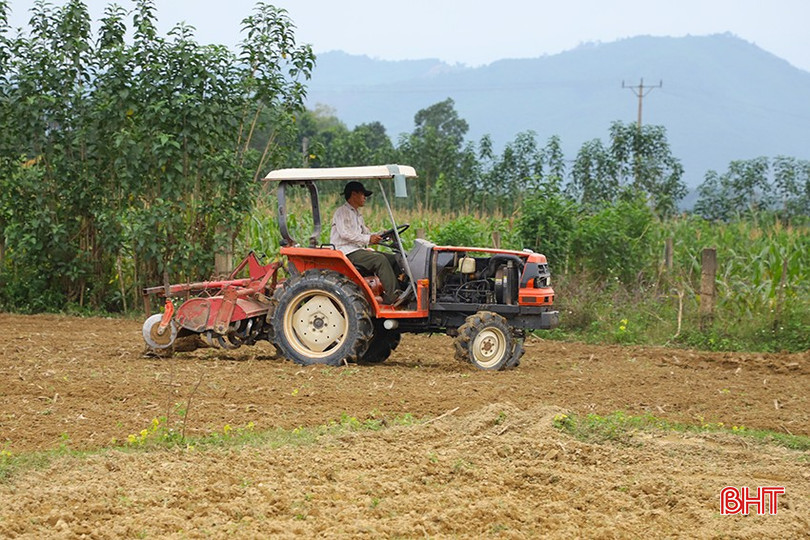
In Ha Linh commune, the locality has set a target of producing 540 hectares of corn in the winter crop (including 400 hectares of corn for grain and 140 hectares of biomass corn), but people have only stopped at the stage of land preparation and material preparation.
Mr. Tran Van Hung - Head of the Economic Department, Ha Linh Commune People's Committee said: "For many years, corn has been the main crop in the winter crop of the commune. Right at the time of concentrated planting, continuous heavy rains caused flooding in the planting areas. Wet soil makes people hesitant, waiting for sunny weather to continue planting. Currently, the government is mobilizing people to take advantage of favorable weather days to sow in time for the crop on high land, and proposes that the province support more seeds and materials to complete the planned area."
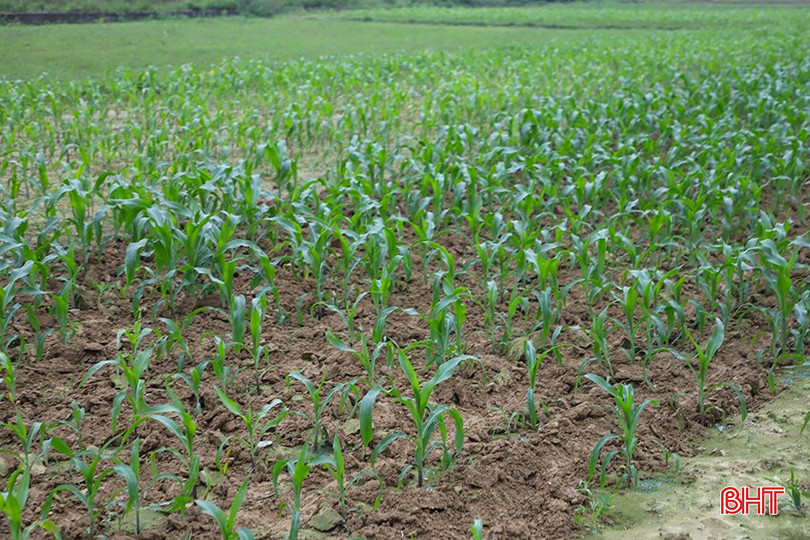
Not only corn, many winter vegetable areas have also been heavily affected by unfavorable weather. In the upper area outside the dike along the La River, the Mai Ho Safe Vegetable Production Cooperative has only been able to plant a small part of the winter vegetable area.
Mr. Phan Van Thuong - Head of the Cooperative said: "The whole area has nearly 15 hectares of specialized safe vegetable cultivation, annually supplying hundreds of tons of vegetables and tubers to the market in and outside the province. This year, the production progress is very slow, so everyone is worried. Currently, the Cooperative is focusing on digging drainage ditches for the planted area, re-pruning damaged areas; drying the soil and preparing materials to speed up planting when the weather is favorable, trying to supply vegetables in time for the Tet market."
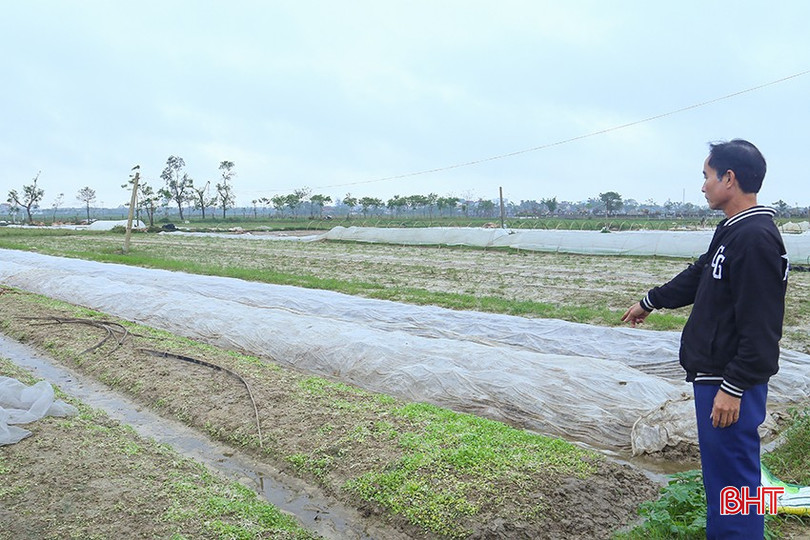
Efforts to ensure production seasonality
When the weather cleared up, farmers in the bean sprout growing area in Thuy Hoi Residential Area (Thanh Sen Ward) rushed to the fields to restore and speed up winter crop production.
Ms. Pham Thi Tam - a resident of Thuy Hoi residential area shared: "For the past few years, growing sprouts has helped my family have a stable income, harvesting a crop every 5-7 days. Therefore, despite many difficulties after the heavy rain, we still took the opportunity to repair the roof system, raise the beds to plant again soon, especially when vegetable prices are currently high. Luckily, part of the area has been raised and covered with tarpaulins in advance, so we just need to remove them and we can plant immediately."
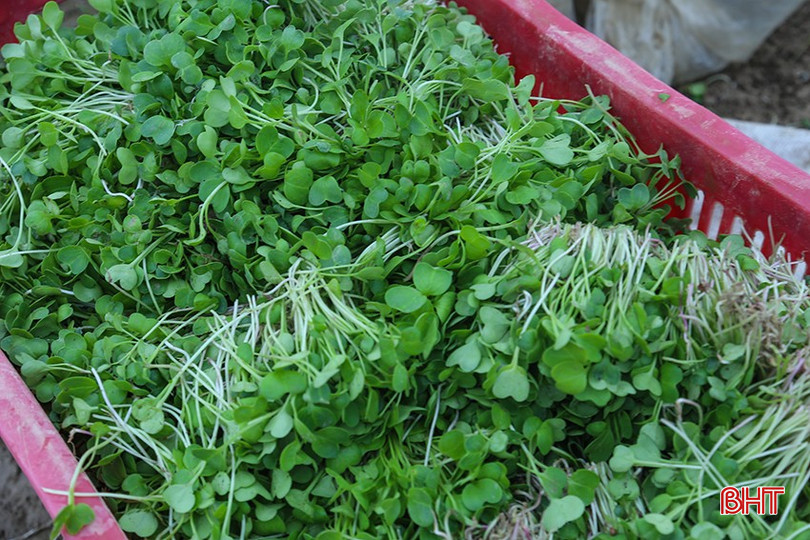
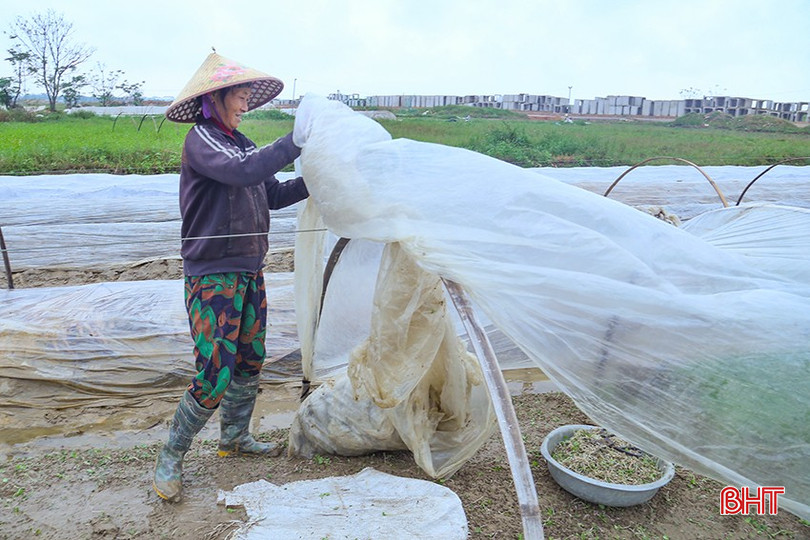
In Dong Tien commune, farmers are busy cultivating the land and pruning the damaged areas. Ms. Phan Thi Bay - Director of Hang Bay Vegetable and Fruit Cooperative said: "The areas of radishes, carrots, potatoes... have developed 3-5 leaves, but the recent heavy rains have crushed the plants and rotted the roots. Although we have spent a lot of effort and time on fertilizing, we still try to hire more workers to cultivate, fertilize, and use biological products to prevent pests and diseases caused by prolonged rain and humidity such as root rot, downy mildew, wilt... With the areas that are severely damaged, the Cooperative is forced to balance pruning and pruning."
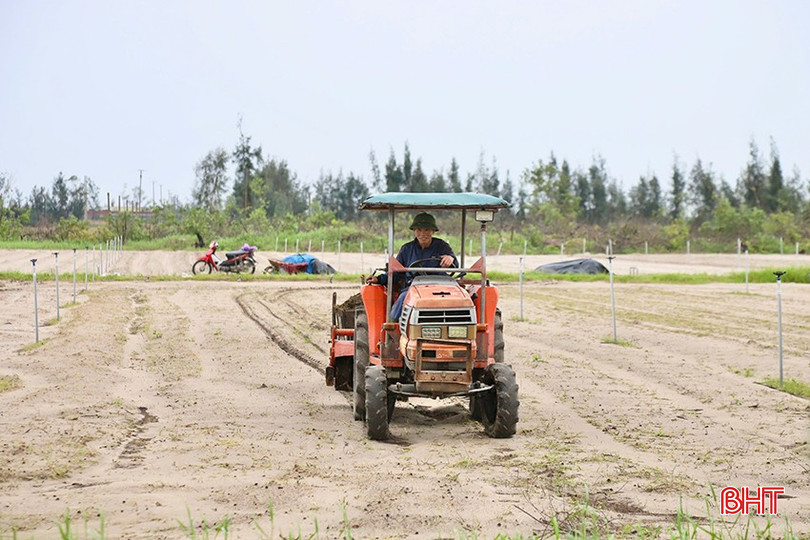
Faced with unfavorable weather conditions, flexibly choosing suitable crops is an important solution to help Ha Tinh farmers produce in time for the winter season. Many localities are switching to growing short-term, cold-resistant vegetables or taking advantage of areas in gardens, greenhouses, and greenhouses for planting, contributing to ensuring vegetable sources for the market and stabilizing agricultural production in the area.
In Duc Minh commune, farmers prioritize using short-term corn varieties that are suitable for local soil conditions. Mr. Tran Thanh Sang - Head of Economic Department, Duc Minh Commune People's Committee said: "Short-term corn varieties such as HN88, purple sweet corn 099, Nova yellow sweet corn with a growing period of only 65 - 80 days, shorten the season and limit risks.
For biomass corn for livestock farming in the cold rainy season, people choose hybrid corn varieties such as P4311, NK7328... Along with that, the commune coordinates with units to deploy models and link product consumption for production households to create additional revenue and meet market demand in the coming time."
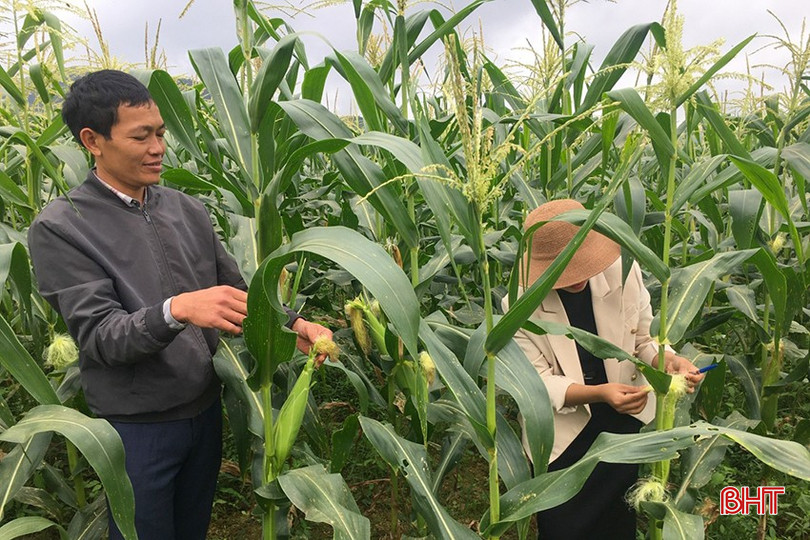
In communes with large corn areas such as Huong Son, Son Giang, Huong Xuan, Huong Pho, etc., the locality is continuing to direct the priority of sowing short-term, high-quality corn varieties, proposing policies to support seed money for people, and proactively providing materials and fertilizers so that farmers can feel secure in production.
Along with that, specialized departments provide technical guidance and urge people to take care of the planted areas; monitor the situation of early-season pests and diseases, especially fall armyworms, cutworms, corn borers and leaf spot diseases, etc.
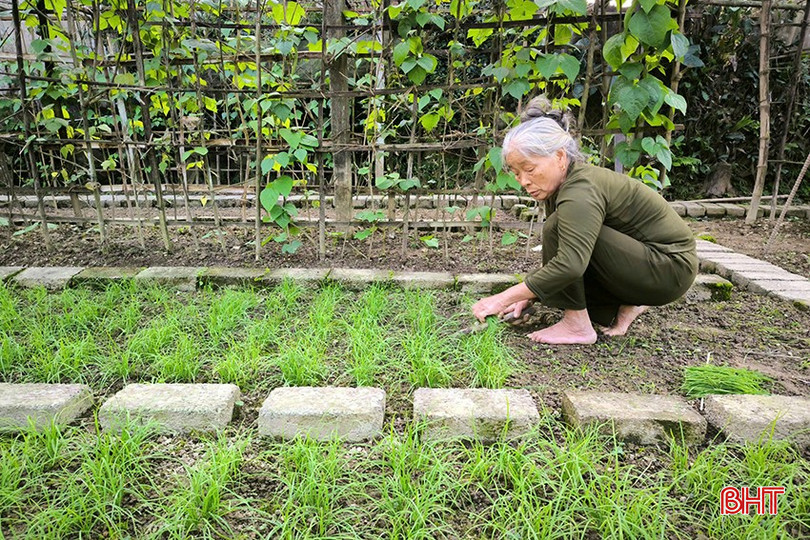
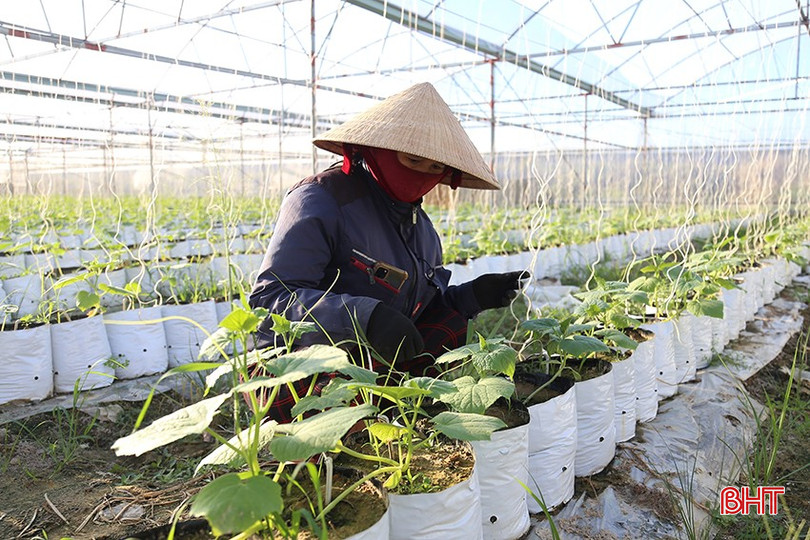
According to the Ha Tinh Hydrometeorological Station, from now until November 20, the weather in the province will generally have little rain, relatively favorable for production and people's daily life. Therefore, localities need to make the most of this period to speed up the production of winter crops.
Mr. Phan Van Huan - Head of the Crop Production Department, Ha Tinh Department of Crop Production and Livestock Husbandry said: "Localities need to closely follow weather forecasts to proactively develop appropriate production plans, prioritizing the use of short-term crop varieties at this time. At the same time, arrange the crop season reasonably, diversify farming methods such as intercropping, intercropping, crop rotation, etc. to avoid natural disasters and facilitate consumption according to market demand. In particular, to limit damage when there is cold rain, people should increase vegetable production in greenhouses and greenhouses and take advantage of household garden areas for planting."
Source: https://baohatinh.vn/ha-tinh-uu-tien-giong-ngan-ngay-trong-san-xuat-vu-dong-post299136.html










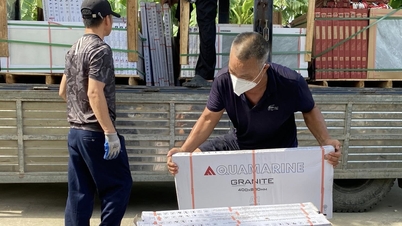




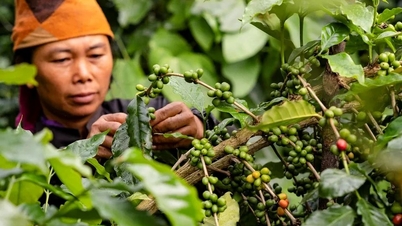
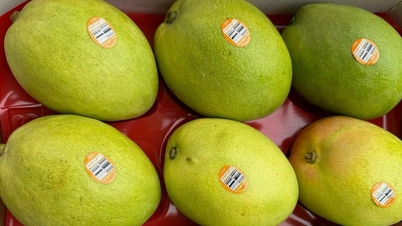






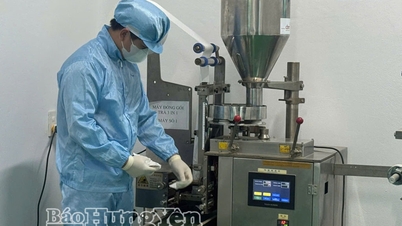





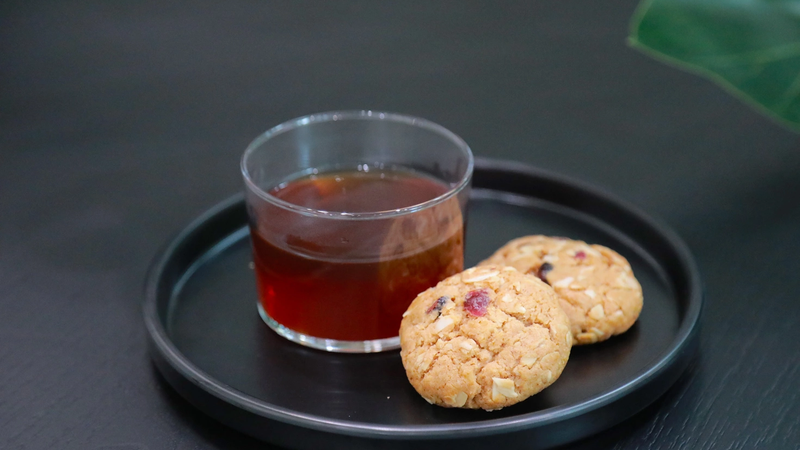






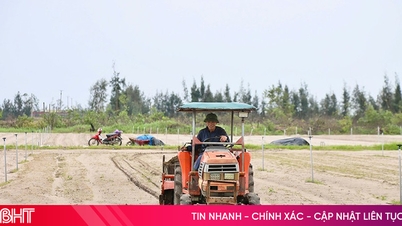



![[Photo] Prime Minister Pham Minh Chinh attends the annual Vietnam Business Forum](https://vphoto.vietnam.vn/thumb/1200x675/vietnam/resource/IMAGE/2025/11/10/1762780307172_dsc-1710-jpg.webp)





























































![Dong Nai OCOP transformation: [Article 4] Reaching national standard products](https://vphoto.vietnam.vn/thumb/402x226/vietnam/resource/IMAGE/2025/11/11/1762825820379_4702-cac-san-pham-trai-cay-chung-nhan-ocop-nongnghiep-174649.jpeg)


![Dong Nai OCOP transition: [Article 3] Linking tourism with OCOP product consumption](https://vphoto.vietnam.vn/thumb/402x226/vietnam/resource/IMAGE/2025/11/10/1762739199309_1324-2740-7_n-162543_981.jpeg)







Comment (0)